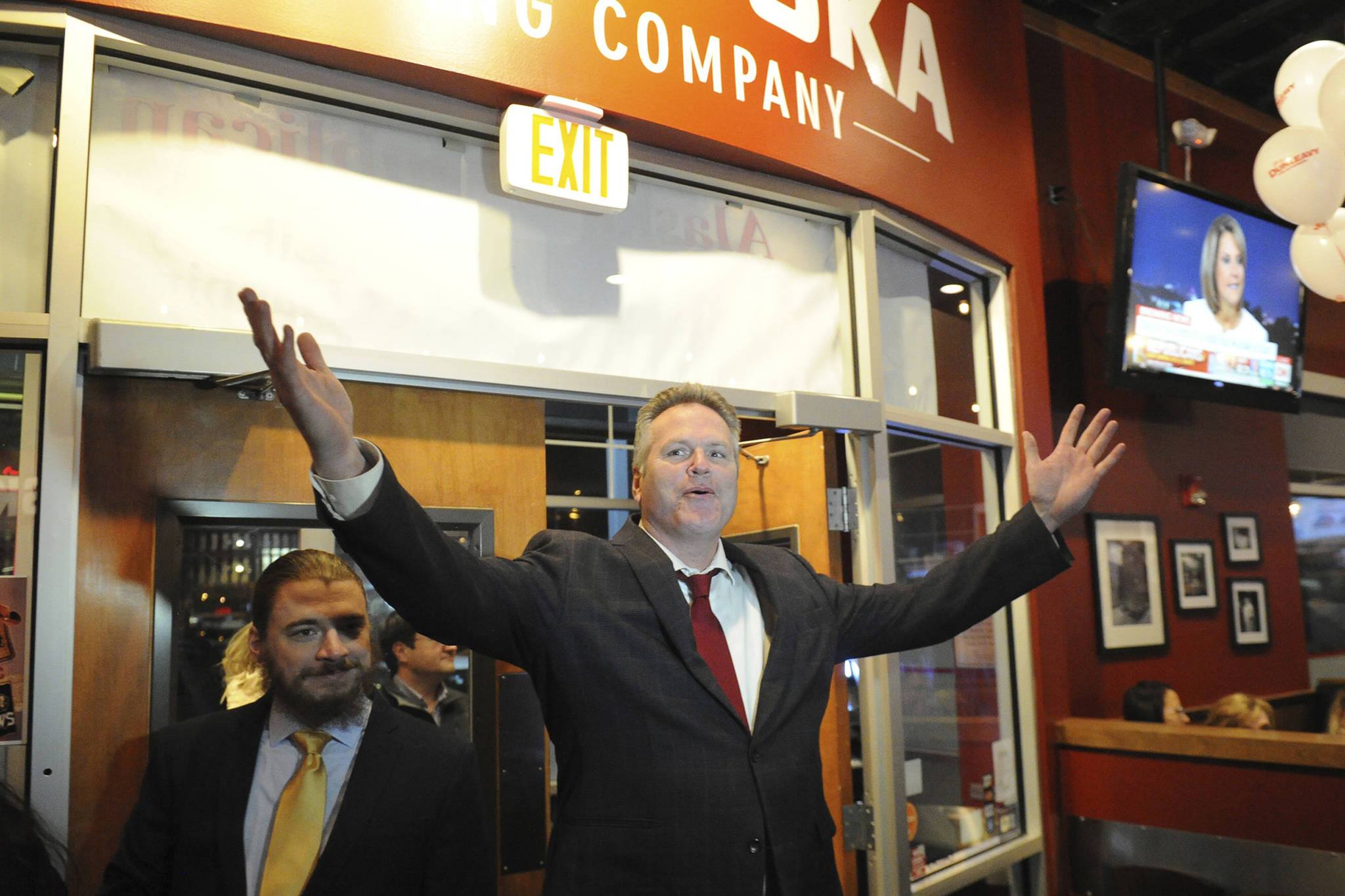While nationally the 2018 general election didn’t materialize into the anti-Trump “blue wave” Democrats had hoped for, they clearly achieved their No. 1 goal of recapturing the U.S. House and some governorships.
It appears a similar type of change won’t happen in Alaska even though one House race remains undecided.
Pundits have noted the national historical preference for a “divided” government — versus a “united” government where one party controls both houses of Congress.
But interestingly enough, the opposite is true in state elections. Indeed, as David French notes in his recent National Review article, entitled, “The Dangerously Unified States of America,” states are “cleaving along partisan and regional lines, creating culturally distinct zones of total partisan control.”
Democrats had gains in governorships and state legislatures across the country but only one state flipped from “united” to “divided.” All the rest consolidated or remained in control of one party.
Consequently, there is now exactly one state with divided legislative control — Minnesota. Of the remaining 49 state legislatures Republicans control 30 of them, Democrats control 18 and Alaska is still undecided.
The other change to note is in “trifecta” state governments — where one party controls both legislative houses and the governorship. Ten state governments changed — six gained trifecta status and four lost that status — a net gain of two — resulting in 22 Republican and 17 Democrat trifecta governments.
In Alaska, a court case or a coin flip could decide whether the Republicans flipped the state House.
If Republicans prevail, through a negotiated coalition or otherwise, Alaska will be the outlier — the only one that moved from “divided” to a Republican “trifecta” — all the rest were Democrat.
For Alaskans, bucking this national trend should have very positive consequences.
It means that, at a time when our state most needs it, we will be “open for business.” Gov.-elect Dunleavy, possibly with a newly-formed Republican House majority along with a Republican-controlled Senate have made clear their preference for government expenditure controls, restoration of PFDs and economic development.
This would bode well for all our major industries and would usher in a period where Alaska can explore bold solutions to the many challenges facing us.
But not all regions of the state will see it this way. Southeast Alaska and Bush Alaska, in particular, are anomalies.
Unlike national political demographics, in most geographically populated areas of the state — Anchorage, Fairbanks, Mat-Su and Kenai/Kodiak — the majority of state house members are Republican. Historically, the less populated areas of the state — Bush Alaska and Southeast — have been largely Democrat.
Because of declining population, those two areas of the state have seen their representation in the Legislature continue to erode over time.
Today, representation in Southeast and Bush Alaska has shrunk from 12 House members — 25 percent of the total — to eight. Senate members have declined from six to four. The Bush and Southeast combined have only one elected Republican legislator. The Mat-Su, on the other hand, has nine total members and all of them are Republican.
A geographic constituency’s dwindling influence in the Legislature helps explain why some Democrat legislators such as former Sen. Dennis Egan from Juneau and current Sen. Lyman Hoffman from Bethel have in the past chosen to caucus with Republicans.
Therefore, it’s possible a few Democrats may be part of some type of coalition in the House next year, but it’s unlikely that it will be Democrat-controlled, as it was in the last legislative session.
Regardless of the composition of any future house coalition, it remains to be seen whether minority Democrats will choose to play the part of a truly “loyal opposition.” Will their opposition to a governor who won convincingly (by over 20,000 votes) be responsible and bounded by loyalty to fundamental interests of our state — or will they engage in a “disruptive resistance” — similar to the current Democrat Party in Washington, D.C.?
It’s hard to see how choosing the latter will be productive instead of destructive.
As we have seen, the Southeast and Bush Alaska regions have been Democrat electoral anomalies. It will be interesting to see if their legislative delegations will follow the national trend in their approach to political persuasion.
• Win Gruening retired as the senior vice president in charge of business banking for Key Bank in 2012. He was born and raised in Juneau and graduated from the U.S. Air Force Academy in 1970. He is active in community affairs as a 30-plus year member of Juneau Downtown Rotary Club and has been involved in various local and statewide organizations. He contributes a regular column to the Juneau Empire. My Turns and Letters to the Editor represent the view of the author, not the view of the Juneau Empire.

